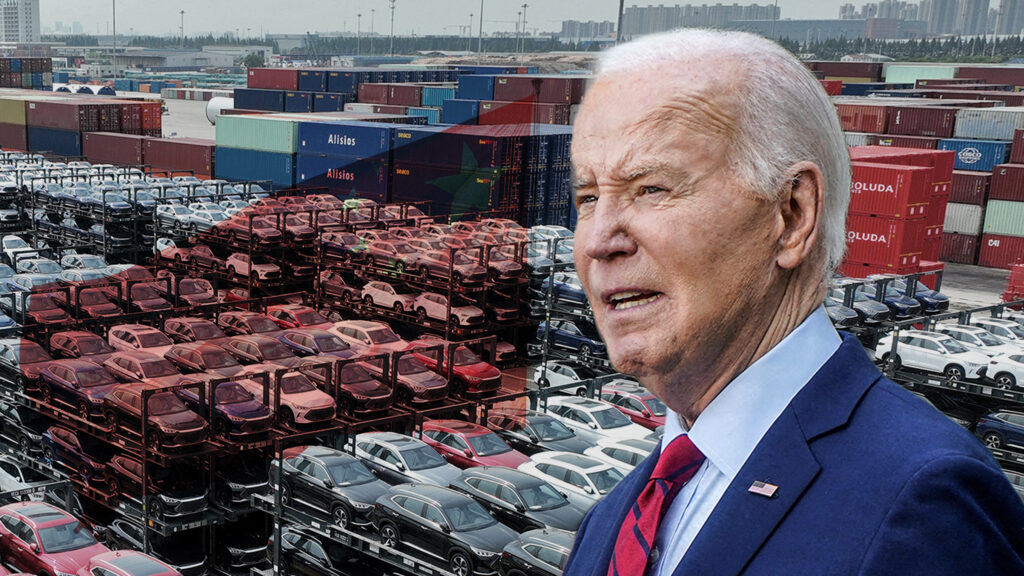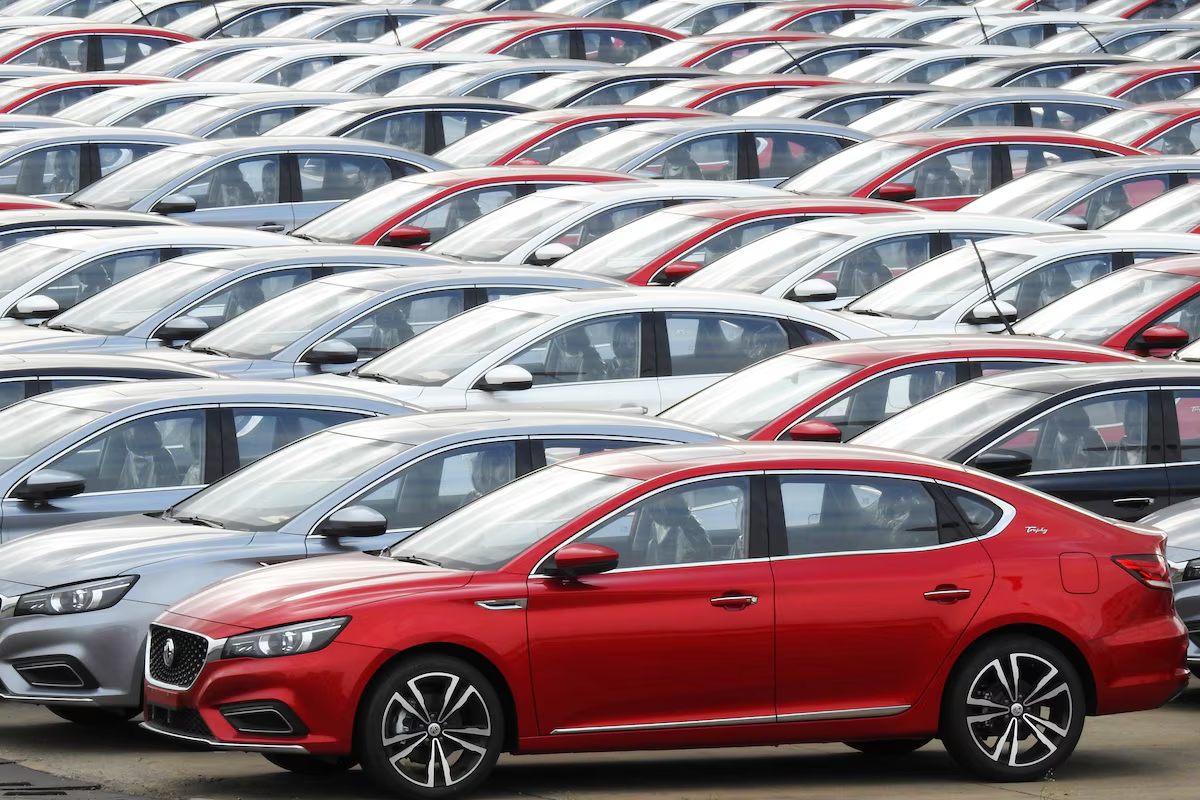The Biden administration on Friday solidified its stance on trade relations with China, announcing the finalization of significant tariff increases on a wide range of Chinese imports. The move, aimed at bolstering protection for strategic domestic industries, includes a striking 100% duty on Chinese electric vehicles (EVs) set to take effect on September 27.

The Office of the U.S. Trade Representative (USTR) detailed the tariff adjustments, which affect approximately $18 billion worth of goods. Among the most notable changes are a 50% duty on solar cells and a 25% tariff on steel, aluminum, EV batteries, and key minerals, all scheduled to begin on September 27.
In a move that could reshape the semiconductor industry, the USTR also outlined a 50% duty on Chinese semiconductors, including two new categories: polysilicon used in solar panels and silicon wafers. This particular tariff is slated to commence in 2025, giving industries time to adjust supply chains.
Lael Brainard, the top White House economic adviser, defended the decision in an interview with Reuters, characterizing the tariffs as “tough, targeted” measures necessary to counter China’s state-driven subsidies and technology transfer policies. Brainard emphasized the need to diversify the U.S. EV industry away from China’s dominant supply chain.
“The 100% tariff on electric vehicles here does reflect the very significant unfair cost advantage that Chinese electric vehicles in particular are using to dominate car markets at a breathtaking pace in other parts of the world,” Brainard stated. “That’s not going to take place here under the vice president’s and the president’s leadership.”
The tariff adjustments largely maintained the proposals announced in May, disregarding pleas from the auto industry for lower tariffs on graphite and critical minerals essential for EV battery production. The USTR kept unchanged the tariff increase to 25% from zero on lithium-ion batteries, minerals, and components, with the hike for EV batteries taking effect September 27 and those for other devices, such as laptops and cell phones, starting January 1, 2026.
China has vowed retaliation against what it terms “bullying” tariff hikes, arguing that its EV industry’s success stems from innovation rather than government support. The Chinese embassy in Washington did not immediately respond to requests for comment on the finalized tariffs.

The timing of these tariff increases is significant, coming as both Vice President Kamala Harris and former President Donald Trump court voters in auto and steel-producing states, each positioning themselves as tough on China ahead of the November presidential election. Trump has promised even more aggressive measures, vowing to impose 60% tariffs on all Chinese imports if elected.
The U.S. is not alone in its protectionist stance, with the European Union and Canada also announcing new import tariffs on Chinese EVs, the latter matching the 100% U.S. duties.
While the tariffs are largely aimed at protecting domestic industries, the USTR did provide some relief in certain areas. U.S. port operators received a temporary reprieve from a new 25% tariff on massive ship-to-shore cranes, an industry dominated by China with no U.S. producers. The agency will allow exclusions for Chinese port cranes ordered before May 14, 2024, as long as they are delivered by May 14, 2026.
In the medical sector, tariffs on face masks and surgical gloves were raised to 50% from an initially proposed 25%, but their implementation was delayed to allow a shift to non-Chinese suppliers. The duty on Chinese syringes will immediately rise to 100%, with a temporary exclusion for enteral syringes used to feed infants.
The USTR also announced it would consider requests for tariff exclusions in five Chinese industrial machinery categories and allow tariff exclusions for Chinese solar wafer and cell manufacturing equipment, but not for equipment used to make full solar modules.
As these tariffs take effect, their impact on global trade, supply chains, and diplomatic relations between the U.S. and China will be closely watched. The Biden administration’s approach reflects a delicate balance between protecting domestic industries and navigating the complexities of international trade in an increasingly interconnected global economy.



